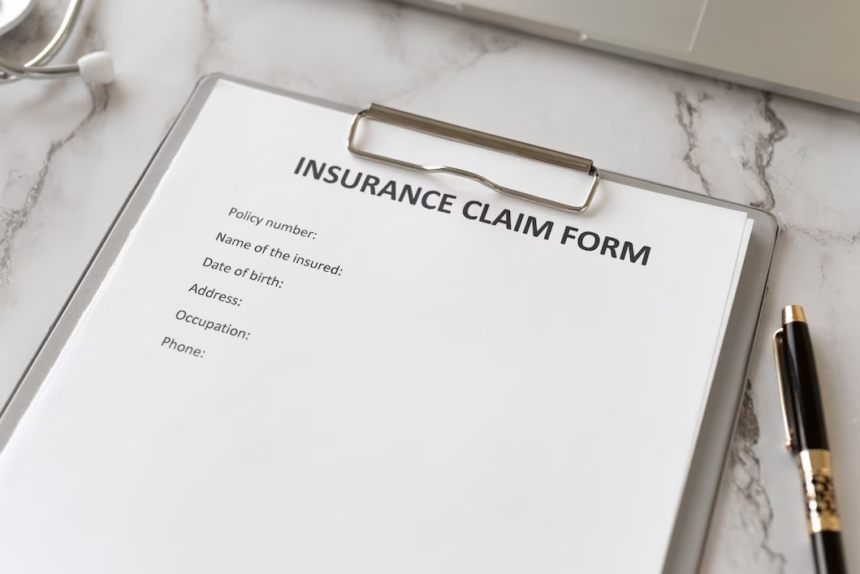The Role of Home Insurance in Covering Accidental Injury on Your Property
Accidents can happen anytime, even within the confines of your own home. If someone sustains an accidental injury on your property, it’s essential to understand the role of home insurance in providing coverage and protection. Here’s an overview of how home insurance typically handles accidental injuries:
Liability Coverage: Home insurance policies typically include liability coverage, which is designed to protect you financially if someone is injured on your property and you are found legally responsible for their injuries. Liability coverage helps cover medical expenses, legal fees, and potential settlement costs if you are sued for the accidental injury.
Medical Payments Coverage: Many home insurance policies also provide medical payments coverage. This coverage is designed to reimburse medical expenses for minor injuries sustained by someone on your property, regardless of who is at fault. It can help cover immediate medical costs, such as ambulance fees, hospital visits, and necessary medical treatments.
Visitor Injuries: Home insurance generally covers accidental injuries that occur to guests or visitors on your property, including slip-and-fall accidents, dog bites, or injuries caused by a falling object. The coverage extends to injuries that happen inside your home, on your property’s exterior, or even in other locations where you may be legally responsible, such as a neighbor’s backyard.
Legal Liability: Home insurance not only covers the medical expenses associated with an accidental injury but also provides protection in case you are sued for negligence. If the injured party decides to take legal action against you, your home insurance can help cover legal defense costs and any settlement or judgment awarded to the injured party, up to the policy’s liability limits.
Exclusions and Limitations: It’s important to note that home insurance policies may have certain exclusions and limitations when it comes to covering accidental injuries. For example, intentional acts or injuries resulting from illegal activities may not be covered. Additionally, some policies may have limits on the amount of coverage available for certain types of injuries or liability claims. It’s crucial to review your policy and understand the specific terms, conditions, and exclusions related to accidental injuries.
Additional Coverage Considerations: Depending on your specific needs and concerns, you may want to consider additional coverage options to enhance your liability protection. Personal umbrella insurance is an extra liability coverage that extends beyond the limits of your home insurance policy. It provides additional financial protection in case of a severe accidental injury or a lawsuit with significant financial implications.
Reporting Accidental Injuries: If someone sustains an accidental injury on your property, it’s important to report the incident to your insurance company promptly. Contact your insurance agent or company representative to provide details of the incident and any relevant information, such as the injured person’s name, contact information, and a description of the accident. The insurance company will guide you through the claims process and handle the investigation and settlement of the claim.
It’s crucial to review your home insurance policy carefully and understand the coverage it provides for accidental injuries. If you have any questions or concerns, reach out to your insurance agent or company for clarification. By having the right home insurance coverage in place, you can have peace of mind knowing that you are financially protected in the event of an accidental injury on your property.










